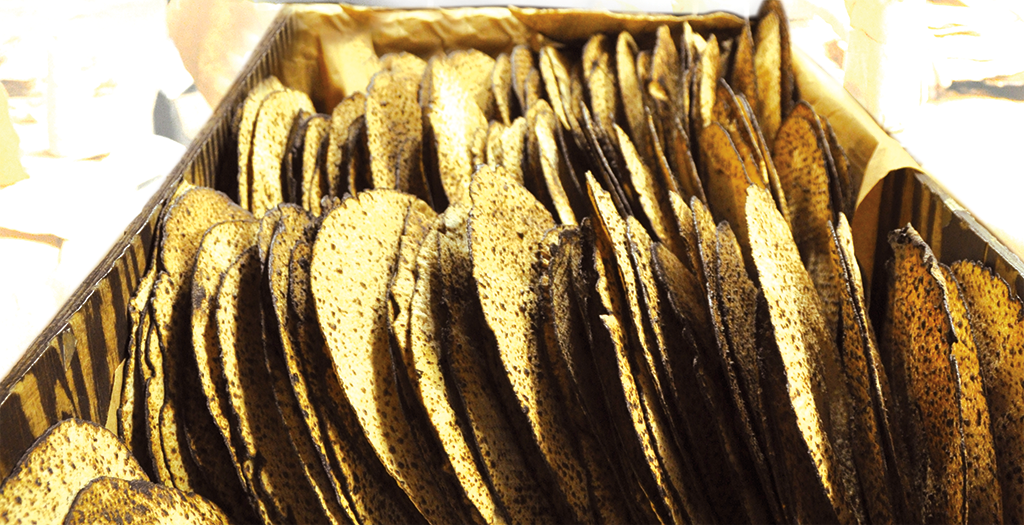Hilchos Chodesh Nisan from R’ Pessin

Morai V’Rabbosai,
Chedesh Nissan is almost upon us, Rosh Chodesh is this coming Shabbos iy’h. It therefore, behooves us to turn our attention to some important Pre-Pesach Halachic requirements.
1- A number of our Mispallilim are traveling to Eretz Yisroel , Florida, and other places throughout the globe. Some are leaving this week already. I have therefore begun to accept schlichus for Mechiras Chometz. I can usually be found in the Bais Medrashbefore and after Schachris (825 am) and Maariv (830 pm) to do the paperwork. Please make sure you tell me your plans when you come. As we do every year we will be making both a Mechiras יג (Thursday evening before Bedikas Chometz) and the Traditional sale Erev Pesach at 10 am or so. What yourplans are for Pesach will determine in which sale to include you.
2- I may not be able to be in our Shul this coming Shabbos, due to family obligations. Traditionally, Shabbos HaChodesh is the Shabbos when we conduct the Maos Chittin (Kimcha Depischa) campaign. There seems to be a lack of clarity as to the exact make up of this minhag. The Talmud Yerushalmi (in Bava Basra) clearly views it as a mandatory community tax collected by the Kehilla for the purpose of providing Pesach food (matza flour) for the poor in Kehilla. Virtually all poskim follow the ruling of Rema. They add that this is the common minhag. In the words of the Shulchan Aruch Ha-Rav (529:5): “It is the prevalent minhag that every congregation levies a tax on its townspeople, for the purpose of supplying wheat for Pesach. The money is used for purchasing wheat, and distributing it among the town’s poor.” The question asked by some (like the Bais Dovid) so then, what is it, a minhag to give tzedaka, or a tax? Some answer that it is a machlokes between Bavli and Yerushalmi, since the Bavli doesn’t mention it as a Tax, it must be a Minhag. Regardless, it is a very ancient Minhag to give Kimcha DiPischa and all must give even Talmedei Chachomim who are traditionally exempt from Community taxes must give as well. As we have noted above, Maos Chittin was collected by means of a tax. As an obligatory payment, it would seem that one may not use his maaser money for Maos Chittin, since maaser money may not be used to meet financial obligations. Yet, there is also room to argue that because the foundation of the enactment is tzedakah at least according to the Bavli, it follows that one may use maaser money in paying the tax, despite the obligatory nature of the payment. Today, this question is merely academic according to Rav Shlomo Zalman Auerbach (Halichos Shlomo, Nissan 2) ruled that one may certainly use maaser money to contribute towards Maos Chittin. This is because the power of the kehillah has waned, and the payment of Maos Chittin is no longer forced upon the individual. Furthermore, there is no longer any set sum that a person must contribute, so that one can certainly make his contribution from maaser money.. However, Rav Chaim Kanievsky Zt’l was asked by someone who had already fulfilled his obligation to give ma’aser and chomesh whether he was still obligated to give Maos Chittin. Rav Chaim responded that Maos Chittin constitutes a separate obligation, and that even though he had fulfilled his obligations vis-à-vis maaser, he remained obligated to participate in Maos Chittin.Bottom line, whether you are giving from your Maaser or not, you must al pi minhag give Maos Chittin. The Shul has already begun to collect for Maos Chittin you can bring it in to shul or mail it in. Please make sure you identify the purpose of your check when you give it to me or the gabbaim.Chazal said B”Nissan Assidim LeHegael, lets daven that are Hachanos L’Pesach will bring this about this year iy”H.
Brocha V’HatzlochaE Pessin
